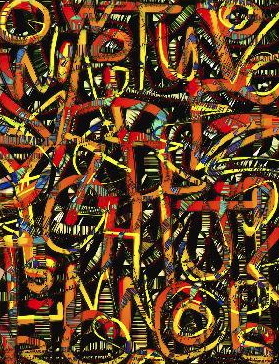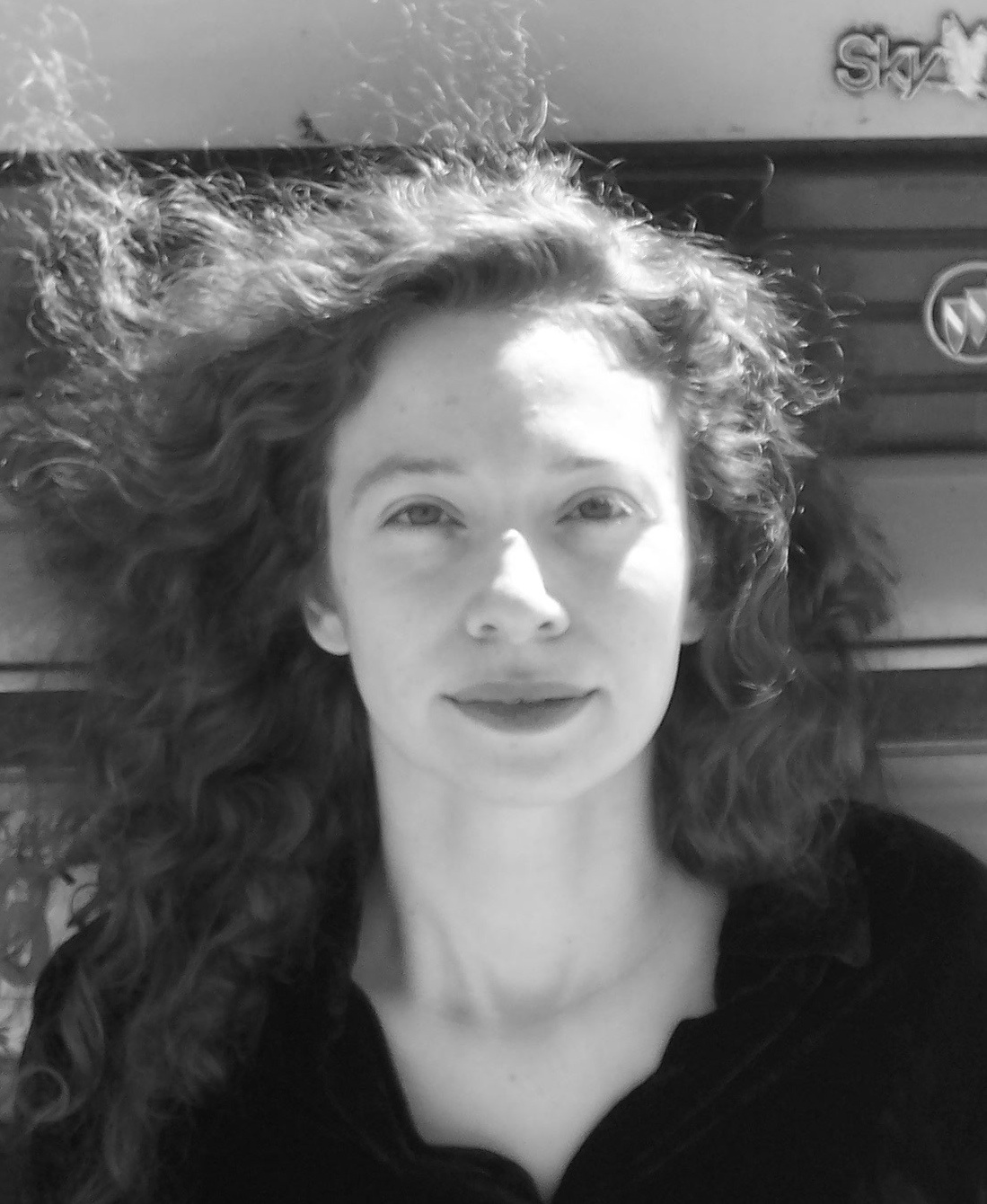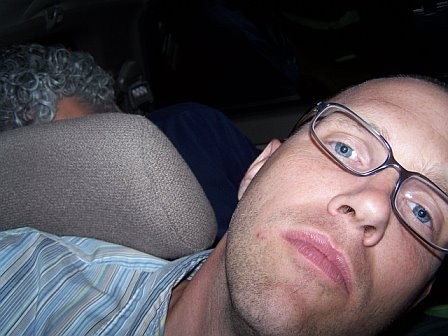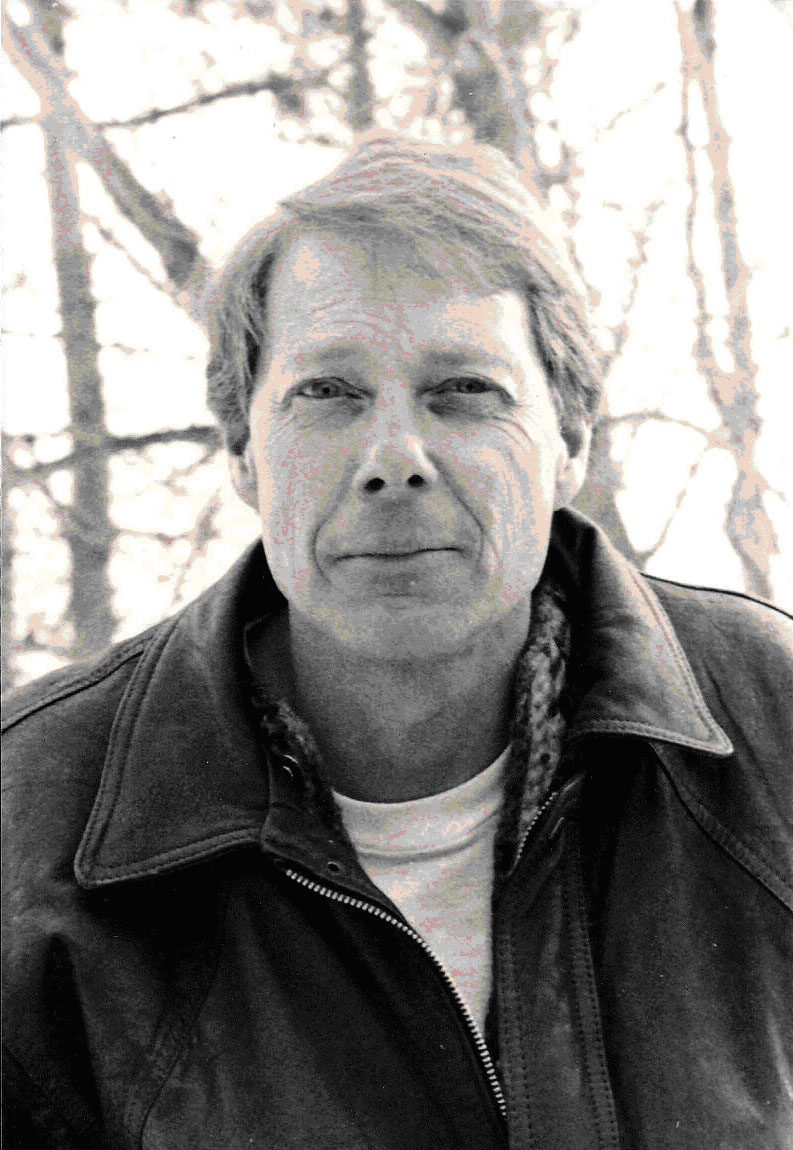What Light: This Week’s Poem: About the Judges (November-January 2009)
Read more about this quarter's panel of acclaimed poets who are serving as What Light jurors.




Our judges for this round Deborah Bernhardt, Jim Johnson, and William Stobbselected twelve winning poems to be posted, one poem per week for the next three months, on mnartists.org and magersandquinn.com. Membership on mnartists.org is FREE.
About our judges:
Deborah Bernhardt received a BA from Sarah Lawrence College, an MFA from the University of Arizona, and fellowships from the Wisconsin Institute for Creative Writing, the Wisconsin Arts Board (Literary Arts Grant), Penn State Altoona (Writer-in-Residence), Writers@Work, Fishtrap, Summer Literary Seminars in St. Petersburg, Russia, and the Hessen Literary Society, Germany. Her poetry collection Echolalia was published by Four Way Books in 2006 as winner of the Intro Prize for Poetry. She is a 2nd Year Fellow at the Fine Arts Work Center, Provincetown.
Poetics Statement
I am excited about the now-available audio BBC recording of Virginia Woolf. She says “Words, English words, are full of echoes, memories, of associations. They’ve been out and about, on people’s lips, in their houses, in the streets, in the fields, for so many centuries. And that is one of the chief difficulties in writing in today. They’re stored with other meanings, with other memories, and they have contracted so many famous marriages in the past. The splendid word ‘incarnadine,’ for examplewho can use it without remembering also ‘multitudinous seas’?”
That excerpt of Woolf’s 1937 “Words Fail Me” brings to mind Gertrude Stein’s “Four in America,” 1947: Can’t you see that when the language was newas it was with Chaucer and Homerthe poet could use the name of a thing and the thing was really there? He could say ‘O moon,’ ‘O sea,’ ‘O love’ and the moon and the sea and love were really there. And can’t you see that after hundreds of years had gone by and thousands of poems had been written he could call on those words and find out they were just wornout literary words? The excitingness of pure being had withdrawn from them; they were just rather stale literary words. Now the poet has to work in the excitingness of pure being; he has to get back that intensity into the language. We all know it’s hard to write poetry in a late age; and we know that you have to put some strangeness, something unexpected, into the structure of the sentence in order to bring back the vitality to the noun. Now it’s not enough to be bizarre; the strangeness in the sentence structure has to come from the poetic gift too. That’s why it’s doubly hard to be a poet in a late age.”
–Deborah Burnhardt
William Stobb is the author of For Better Night Vision (Black Rock Press 2000) and Nervous Systems, a National Poetry Series selection, published in 2007 by Penguin Books. He hosts a podcast on poetry and poetics called Hard to Say on miPOradio. His new poems are forthcoming in American Poetry Review,Colorado Review, and Conduit. Stobb lives in La Crosse, Wisconsin, where he is Associate Professor of English at Viterbo University.
Poetics Statement:
My poetic interests are wide, and my tastes are broad. Im not categorical about what I do or dont like or respect. Ill say that I like poems that are open to life on multiple levels, and poems in which I can feel the warmth of human emotion in the compositiona person behind the poemthough neither of these tastes excludes any
anything. Some of my favorite contemporary poets are Dean Young, Brenda Hillman, Robert Wrigley, Alison Hawthorne Deming, David Lee, and Jay Meek, who was my poetry teacher.
–William Stobb
Jim Johnsons poetry is closely tied to his roots in Northern Minnesota and reveals his concern for the natural environment and the people and other living things of the area. His books, Finns In Minnesota Midwinter (1986) and A Field Guide To Blueberries (1992) were published by North Star Press. Wolves was published by New Rivers Press as a winner in the Minnesota Voices competition. In Dovetailed Corners (Holy Cow! Press, 1996) and The Coop Label (Dovetailed Corners Press, 2005) he collaborated with the photographer Marlene Wisuri. He has taught in the Duluth public schools and has conducted workshops in the Upper Midwest. He is the 2008-2010 Duluth poet laureate.
Poetics Statement:
Feelings are important. Poetry is about feelings. Therefore, poetry is important.
–Jim Johnson
mnartists.org is a project of the McKnight Foundation and the Walker Art Center.
The mission of mnartists.org is to improve the lives of Minnesota artists and provide access to and engagement with Minnesotas arts culture. mnartists.org is a project of the McKnight Foundation and the Walker Art Center.

